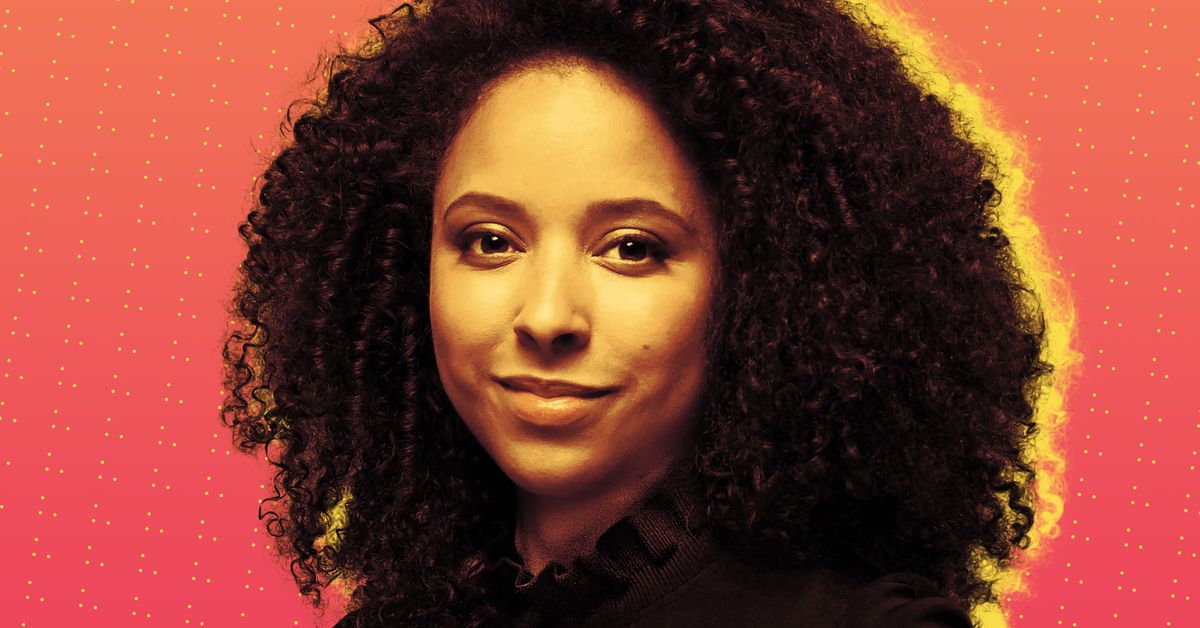This 26-year-old CEO is helping esports grow up
Source: The Verge added 23rd Feb 2021
Evil Geniuses CEO Nicole LaPointe Jameson on reinventing the industry
For a long time, people have predicted that playing video games competitively would become a big business, rivaling traditional sports leagues like the NBA or NFL. But it’s been a long process, with challenges and setbacks along the way. There’s an audience — lots of people tune in to watch teams play games like League of Legends or Dota 2 — but the business models and ecosystem around the industry haven’t had a ton of success.
For this week’s episode of Decoder, I spoke with Nicole LaPointe Jameson, CEO of esports company Evil Geniuses, to figure out how an esports team makes money, where the industry is headed, and where she sees growth.
This excerpt has been lightly edited for clarity. A full transcript of this conversation will be available on February 24th, 2021.
What was the current business of Evil Geniuses in esports, and what do you think that business should look like?
So bear with me if you’re an esports expert, but taking a step back. The esports industry’s a bit of a misnomer in that it really encompasses two bimodal — often intersecting, but frequently not — business models. One of them is traditional sports, except think of us like a university athletics department. I’m the University of Michigan. But instead of basketball, football, soccer under one brand, I have Dota, League of Legends, and Counter-Strike.
There’s that business model, which has the same models you would see in traditional sports: sponsorship, IP and media rights, direct advertising, etc. But esports being a digital platform also bridges entertainment, so you think of content creators, digital influencers, and all of those revenue models and revenue streams. That also exists in esports. So we’re a bit of a blended form of both of those. When I had entered EG, we were just the former. We were just the athletics model, which is great. That’s the thesis we believe in. It’s why we’re here to be competitive, but it wasn’t profitable.
You can’t operate player salaries that look akin to pro athlete salaries. [They] are not sustained on esports-level sponsorships today. So we really focused on bringing peripheral revenue streams into the business to support what we do but that also don’t deprecate from the core product of who we are. And how that’s manifested is, of course, the entertainment side of house.
We’ve also developed deep collegiate and education platforms — how to bridge the world of gaming, how to make gaming accessible to different audiences — as well as data analytics and even fantasy embedding products. So we’ve been able to pull in things using our core athletics platforms to really help self-sustain the business in the past two years to keep the esports product alive but keep the lights on at the same time.
One of the questions I have for all of these digital media and entertainment models — and obviously, I work in digital media so I think about this a lot — but one of the questions that always comes up is it seems like so rarely is the core product itself the money. It’s the universe of things around it that hopefully add up to enough money to keep the core product alive. That is very different than a traditional sports league, right? Owning the Lakers is just a lucrative proposition because the Lakers play basketball, and people buy tickets, and you’ll sell the rights, and you can just do it that way.
Here, and almost everywhere in digital, it seems like the core thing rarely makes the money itself. It is almost a loss-leader. Is that how you think of your model?
I wish I had a better and more shiny answer for you, but it definitely resonates. You know, we believe in the team. The team is the crown jewel. We wouldn’t have a value proposition to exist without the athletic side. But it’s not supported by the magnitude of the revenue with league revenue share like you’d find in traditional sports today. I wouldn’t be here if I didn’t believe that won’t change over time. But today, I would be a bad fiduciary to my investors if I said, “Yeah, let’s just go athletics. That will work.” Because it won’t, unfortunately.
But also on the bright side: unlike traditional sports, the beauty of esports — you saw it during COVID: pro sports leagues stopped. Entertainment and the sports space stopped. They weren’t sure what to do, and we could keep going.
We have a very sticky product by being digital and by being more flexible and how we engage, excite, and monetize the fan and consumer. And that’s something that while the playbook isn’t well-established ubiquitously across all of the esports universe, people are flushing it out and figuring it out and finding interesting sticky trends here.
So it’s very much an industry in formation still.
brands: Beauty Brand Core Crown Direct Fantasy It League of Legends One Pro Space Team Value WAS media: 'The Verge' keywords: Games Gaming
Related posts
Notice: Undefined variable: all_related in /var/www/vhosts/rondea.com/httpdocs/wp-content/themes/rondea-2-0/single-article.php on line 88
Notice: Undefined variable: all_related in /var/www/vhosts/rondea.com/httpdocs/wp-content/themes/rondea-2-0/single-article.php on line 88
Related Products
Notice: Undefined variable: all_related in /var/www/vhosts/rondea.com/httpdocs/wp-content/themes/rondea-2-0/single-article.php on line 91
Warning: Invalid argument supplied for foreach() in /var/www/vhosts/rondea.com/httpdocs/wp-content/themes/rondea-2-0/single-article.php on line 91
